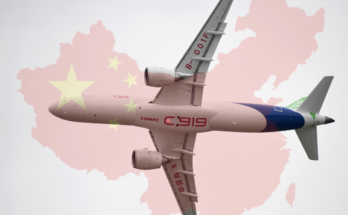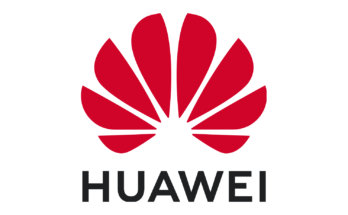This article focuses on numbers where they show how much each of the targeted countries in the multilateral trade war will pay including China, EU, Mexico , Canada, Russia, Japan, and South Korea.
Before considering the countries in focus, check out ICDST.Blog poll results stationed at Twitter for one hour with the question of “US trade war with rest of the world will benefit which state more? “ which resulted in U.S. 29% ,China 27%, and then EU 19%. The last option was None with percentage of %25. A simple interpret is that people don’t see EU united – and a main player as US at the moment – as it’s struggling with Brexit and Russia related concerns. China is also conservative with an eye on Russia therefore it’s hesitant on coming issues. Here the countries like India and other developing countries might experience and learn much on what to do for later encounters.
China
Being the main country at the top of Washington’s list, China has already unilaterally imposed taxes of 25% on its steel exports and 10% on those of aluminum by the United States. The Americans also threaten the Chinese with 25% tax on $ 50 billion of “high-tech” assets, to compensate for what the White House considers intellectual property theft. The Trump government wants to reduce its trade deficit against Beijing by 200 billion dollars, currently of 375 billion dollars. It also wants to limit Chinese investment in the United States. However, Washington’s strategy has been characterized by multiple inversions. The White House announced a cease-fire on May 19 with Beijing … before Tuesday it was assured that it was still preparing punitive measures. Faced with these threats, Beijing protested while trying to calm the game with rate cuts on imported cars and then on clothing, cosmetics and appliances.
European Union
On 23 March the EU received a temporary derogation allowing its members to circumvent the taxes imposed by steel and aluminum imposed by the United States. But Washington decided on Thursday to end this suspension, considering the commercial talks with unsuccessful Brussels. The EU, which called for a permanent exemption, promised to take revenge. “The European Union can not remain without reacting,” said European Commission President Jean-Claude Juncker. Countermeasures should be taken on iconic American products, such as jeans or bourbon, to offset the damage generated by US taxes up to € 2.8 billion. The conflict should be brought before the World Trade Organization. Beyond metals, Brussels is worried about the taxes proposed by Washington on imported cars. These taxes, which could go up to 25%, would be a blow to exporting countries like Germany.
Mexico and Canada
As Europeans, Canadians and Mexicans saw Thursday the tax exemption they had enjoyed since the end of March revoked by the United States. Washington, Mexico and Ottawa have worked since last August to modernize the North American Free Trade Agreement (Alena), which has been in place since 1994 and has been strongly criticized by Donald Trump. But these talks “take longer than expected,” US Commerce Secretary Wilbur Ross said on Thursday to justify adding two US neighboring countries “to the list of those who pay the rates”. At the center of the discussions: the car. The Trump administration wants cars produced in Mexico or Canada to be largely manufactured from parts worked in the United States. It also requires a so-called “sunset clause” that forces the parties to renegotiate Alena every five years, a proposal strongly rejected by its partners. Following Washington’s announcement on steel and aluminum, Mexico City decided on Thursday to impose equivalent customs taxes on “various products” imported from the United States, including steel, fruit and cheese.
Russia
Also influenced by the increase in taxes on steel, Russia informed the World Trade Organization (WTO) that it was ready to take revenge on the United States. Moscow estimates the damage of these taxes to 538 million dollars. The commercial relations between the two countries are marked, beyond this conflict, by the sanctions imposed by Washington against various personalities and entities, accused of having participated in the “attacks” of Moscow against “Western democracies”.
Japan
Japan, which has been hit by steel taxes since March, has informed the WTO that it wants to impose 50 billion yen (385 million euros) on taxes on US assets in retaliation. For the country, however, the main concern is taxes on car imports. Such measures “would cause serious turbulence on international markets,” he said Thursday in a joint statement with Brussels on Thursday.
South Korea
The White House announced on May 1 that it had finalized its free trade agreement with Seoul, ending the trade dispute with South Korea. Under the agreement, Seoul agrees to further open its automotive market to US automakers . He also agreed to reduce steel exports to the United States by 30%.




